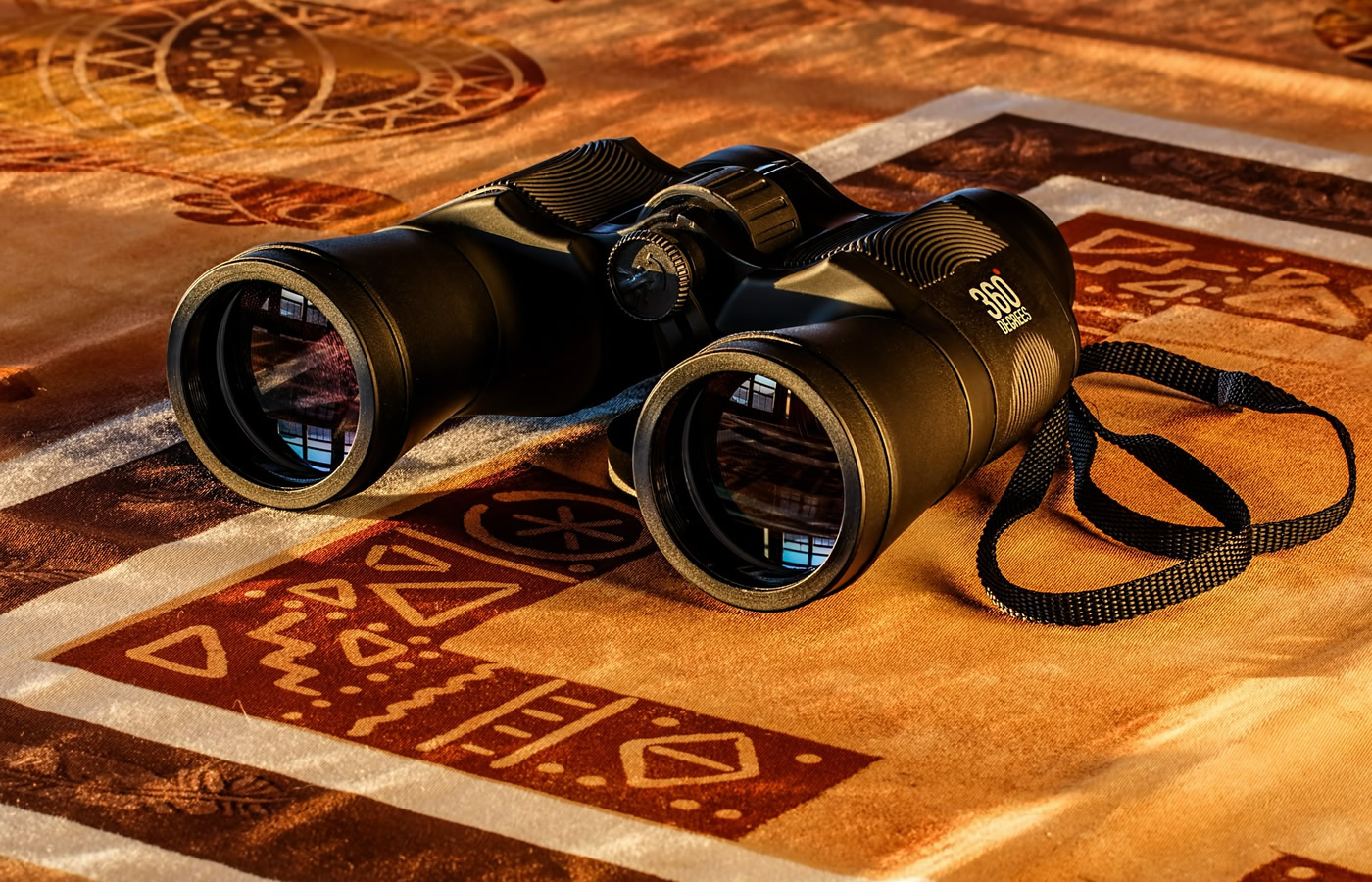This is Part 1 in a series on Listening
Over my life, I’ve been fortunate to work with many leaders who are older and wiser. Sometimes when people have that much experience, they’re tempted to be “advice dispensers” – to always need to educate, direct, and caution everyone around them.
But many of the leaders I’ve known aren’t too quick to speak, despite their many years of life. They have a quiet confidence about them, and an inner security in who they are. They look at the people and world around them with curiosity, and they listen more than they talk. I admire them for this.
This isn’t just about age, of course. In leadership, I’ve noticed that as people advance through the ranks of positional leadership, there’s a temptation to talk more and listen less. I know, because I’ve led national teams and I found myself drawn into the same pattern – I’m the one who has the knowledge and experience, so it’s my responsibility to dispense that to others. I’m the one who has worked my way through the ranks, so I should be leading the meetings and setting the agendas.
When we have a lot to say and contribute, it can be very frustrating to dial things back and listen to other people. It takes restraint and discipline. However, I see “becoming a good listener” as a unique opportunity to grow in ways that can make us into exceptional leaders.
Listening allows us to observe more.
It’s kind of a simple rule, really. The more we talk, the less we notice. Actor Bryan Cranston once remarked that he doesn’t like public attention … not because people bother him, but because he likes to be “in observation mode.” His job as an actor requires him to notice the nuances of how people react to various situations, and so his best times of preparation are when he can “take in” details by observing others. If people were to recognize Cranston, he understands that he would be forced to perform, rather than learn.
This is a great principle for leaders as well. If we’re constantly focused on “dispensing,” whether through public speaking or trying to get a word in during meetings, we’re quite limited in our ability to “take in” things that are happening around us.
So here’s one practical idea – take written notes! The next time you’re in a meeting, bring a notepad and focus on writing down what you’re hearing the other people say. You can also write down your own observations, questions, and thoughts, but focus on “taking things in.”
Sometimes leaders prefer not to take notes because they prefer to talk, but that’s exactly where we miss a golden opportunity. The more we talk, the less we notice. If you’re supposed to lead a meeting, try stepping back one time and offering to take notes. Give someone else a chance to facilitate the meeting. Focus on observing, and see how much more you’re able to notice when you’re not dispensing information.
It might change the way you lead, and develop some skills that can take you to the next level.
In college, I took a class where we studied various religions, and one of my assignments was to take a “vow of silence” for two days. I couldn’t say a single word, but had to try to communicate in other ways. Needless to say, it was one of the hardest things I’ve ever done. I still remember sitting silently at lunch with a friend, who probably wondered what was wrong with me, because all I did was nod and smile at him.
On the other hand, my friend shared a lot about himself, and probably thought I was a decent listener by the end of our meal. By the end of the second day of my assignment, I was amazed by how much my perspective had changed. I noticed so much more than before – nonverbal communication patterns, social group dynamics, and even my own emotional reactions to the people around me. All I needed was to get out of my own way, to get the mental space to take in all that was happening, and why.
Listening is not always a “fun” skill, especially when we’re in a meeting where everyone’s fighting to get in their word or opinion, and we fear getting left behind. But listening can be a game changer: when everyone else is speaking, sometimes the best way to differentiate ourselves is to speak less, not more.
Of course, we have to be careful that we don’t mistake listening for passivity, or fear of putting ourselves forward. Instead, we listen with intentionality and thoughtfulness – whether by taking notes, repeating what we’ve heard others say, or asking good questions.
We listen carefully in order to gain an even more complete picture of people and situations … so we can become even more in touch with the realities around us.
Speak more, and we’ll observe less. Speak less, and we’ll notice the world around us more.





